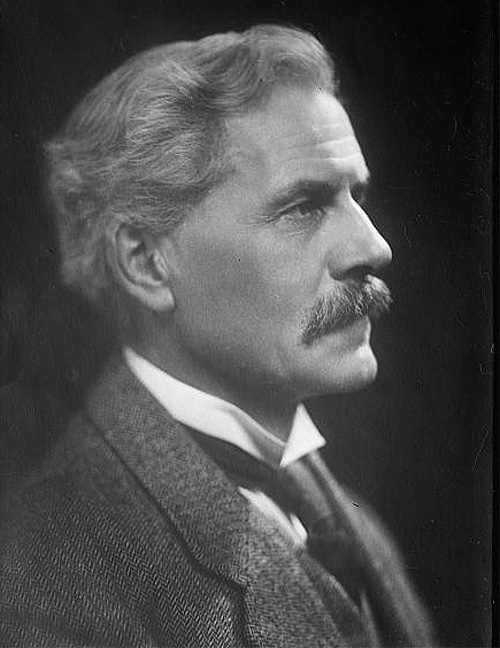Polychronicon 144: Interpreting the 1930s in Britain
Teaching History feature

For students of my generation (born in 1954) the 1930s had a very clear identity; so, when the far-left Socialist Workers Party launched a campaign against unemployment, in 1975, with the slogan: ‘No Return to the Thirties', we all knew what they meant: unemployment, economic deprivation and the political betrayal of Appeasement. The SWP's slogan also revealed, indirectly, the fact that this view was held by many in the wider population, outside of academic life. How did this overwhelmingly negative view become embedded within British popular culture?
On one level it seems to be a question of survivals. One book on the 1930s that school students were very likely to come across in the post-war period was George Orwell's The Road to Wigan Pier (1937); this powerfully written work with its descriptions of appalling squalor and deprivation played a major role in creating a particular view of the period. This view was reinforced by another literary survivor, Walter Greenwood's Love on the Dole. This novel, first published in 1933, movingly represents the hopelessness of the unemployed in a fictionalised Salford. The concluding passage of the novel mimics its opening, conveying the message that nothing can or will change. Both of these books have been regularly re-issued since their first publication...
This resource is FREE for Secondary HA Members.
Non HA Members can get instant access for £2.75

